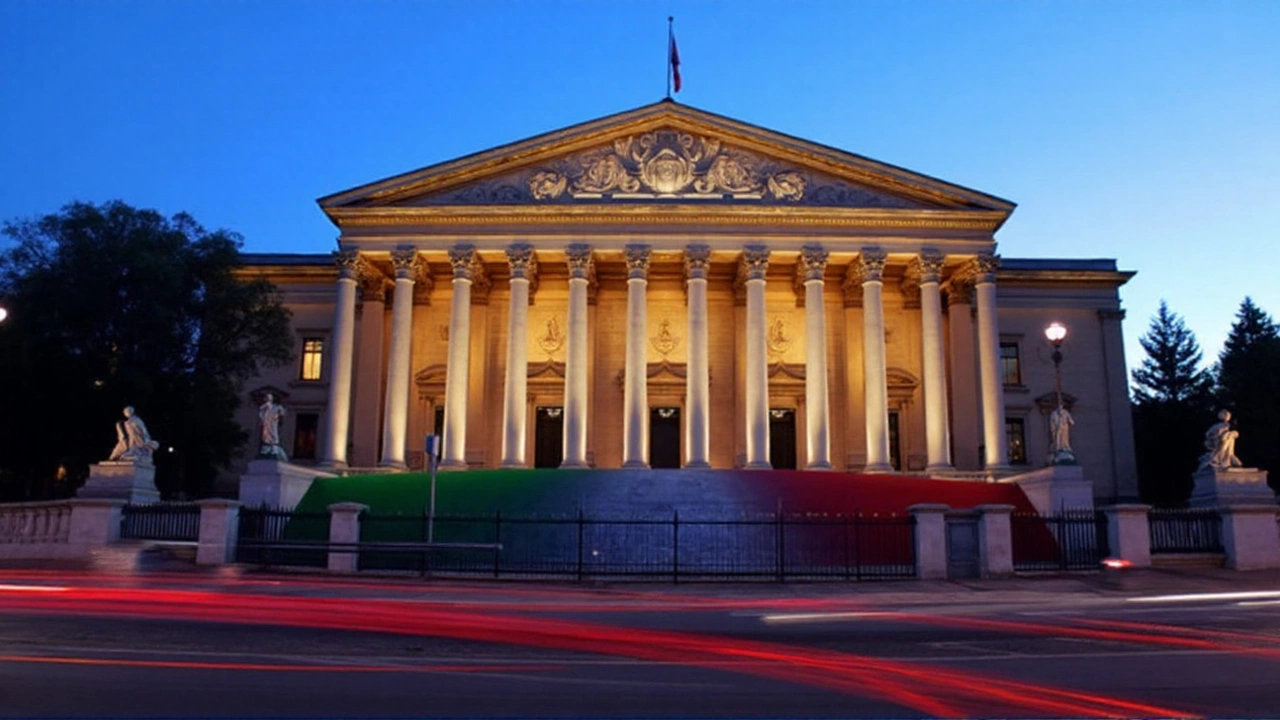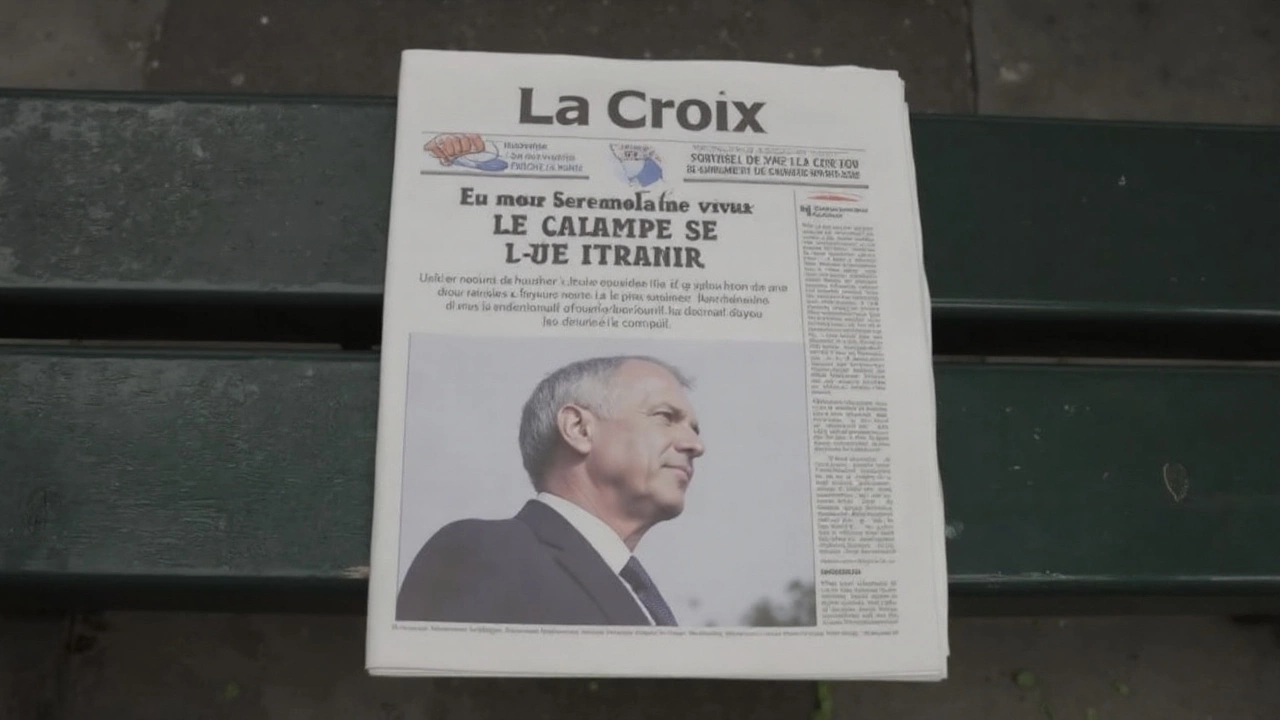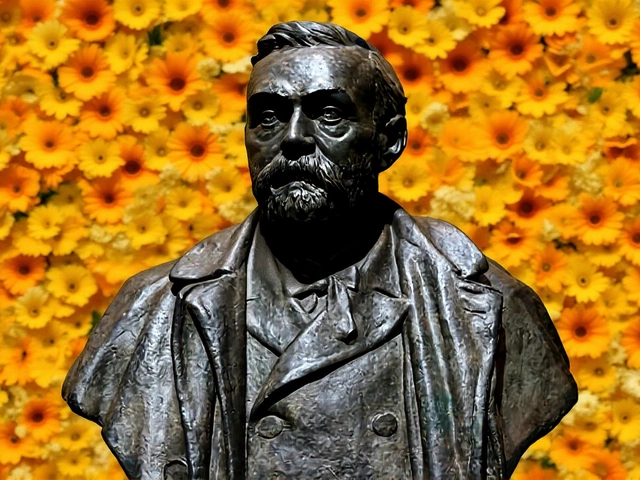Bayrou’s nine-month tenure ends with a failed budget gamble
France is back in political turbulence. On Monday, September 8, 2025, Prime Minister François Bayrou lost a confidence vote in the National Assembly, bringing his government to an abrupt end after just nine months. The showdown followed his move to tie a sweeping package of €44 billion in cuts for the 2026 budget to a confidence mechanism under Article 49 of the Constitution—a high-stakes tactic that dared lawmakers to either accept austerity or topple the cabinet.
The opposition called his bluff. Parties on the left and right, united mainly by their resistance to deep cuts, voted to bring the government down. Bayrou, 74, had warned lawmakers they could replace his team but not “erase reality,” pointing to a budget picture that has turned from troubling to urgent.
That reality is blunt. France’s public debt topped €3 trillion at the end of the first quarter of 2025—about 114% of GDP. The deficit is hovering near €169 billion, or 5.8% of GDP, almost double the European Union’s 3% rule for eurozone members. And debt service is marching higher. The Cour des Comptes, France’s audit office, projects interest payments will rise from €59 billion in 2024 to more than €100 billion by 2029. Those numbers set the stage for the French government collapse, even if the trigger was political.
Article 49 is a familiar but risky tool in French politics. It lets a government bind a vote of confidence to a bill—shortening debate but raising the odds of a no-confidence motion. Bayrou’s use of it was meant to force a decision on his fiscal plan. Instead, it unified opponents who had little in common beyond their rejection of austerity during a cost-of-living squeeze.
The fall of the government means France is now heading for its fifth prime minister in less than two years under President Emmanuel Macron. The Élysée says a successor will be named within days. Bayrou will present his resignation, and ministers could be asked to stay on temporarily to keep public services running. That caretaker phase matters, because the calendar for the 2026 budget is tight and markets are watching.

What changes now—and what to watch
Macron has options, none of them easy. He can try to appoint a consensus figure to run a minority government, strike a short-term pact with parts of the opposition, or rework the budget plan to soften the cuts. He could even consider dissolving the National Assembly and calling new elections, but that would be a gamble after recent electoral volatility.
Financial pressure is not going away. Investors will look at France’s borrowing costs relative to Germany’s and ask whether Paris has a credible path to narrow its deficit without choking growth. The government’s room to maneuver is limited: cutting too fast risks protests and a hit to demand; going too slow invites pressure from Brussels and ratings agencies.
Expect Brussels to lean in. With EU fiscal rules back in force, Paris faces scrutiny under the bloc’s deficit procedures. The Commission will want a plan with measurable steps and a timeline, not just promises. That could push France toward a hybrid approach—moderate spending restraint, a hunt for savings in tax expenditures and subsidies, and targeted revenue measures—paired with selective investment in defense, energy, and productivity.
Politics could be the bigger constraint. The left argues for protecting social spending and taxing wealth and windfalls. The nationalist right rails against Brussels and opposes austerity while demanding tougher controls on immigration and public benefits. The center warns that debt dynamics are turning and that waiting will only raise the bill. In a fragmented assembly, any prime minister will need votes from rivals to pass a budget.
France has been here before with contentious reforms—remember the pension fight. That experience showed two things: public resistance to perceived unfairness, and the state’s ability to push through changes at real political cost. Bayrou’s plan, framed as unavoidable arithmetic, ran into the same wall.
For the European Union, French instability has a knock-on effect. Paris is central to decisions on defense, Ukraine support, and industrial policy. When the French government is inwardly focused, EU initiatives slow. That’s why partners will be looking for signs that Macron’s next team can survive the autumn budget season without another institutional crisis.
Here’s what to watch over the next few weeks:
- Who gets the job: a technocratic stabilizer to reassure markets, or a political operator who can negotiate across blocs.
- How the budget is reshaped: smaller immediate cuts paired with a multi-year savings plan, or a tougher front-loaded package.
- Signals from Brussels and ratings agencies: whether they buy the roadmap or demand clearer milestones.
- Street response: unions and protest movements could mobilize if cuts target social programs or local services.
France still has real strengths—deep capital markets, world-class firms, and an economy that has held up better than feared. But the math is unforgiving. Interest costs are rising, and the window for easy choices is gone. The next prime minister will have to build a majority for hard trade-offs in a parliament that has struggled to agree on much of anything.
That’s the crux of the challenge Emmanuel Macron faces this week: naming a leader who can pass a credible budget without triggering another confidence crisis, calm investors without crushing growth, and convince voters that the burden of adjustment is shared. The politics are difficult. The arithmetic isn’t getting any kinder.





